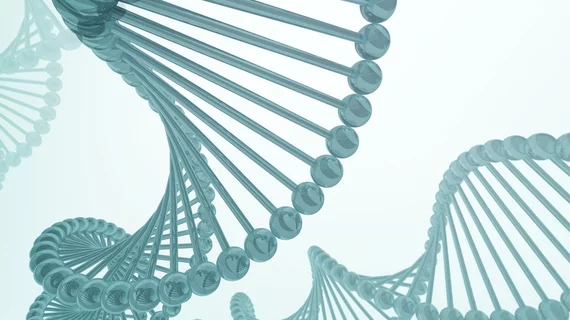GSK, 23andMe reach 4-year, $300M deal for sharing of genetic data
GlaxoSmithKline (GSK) announced a four-year, $300 million deal with 23andMe, a personal genomics and biotechnology company based in Mountain View, California. The British pharmaceutical company will have access to genetic information of 23andMe’s five million customers.
GSK hopes to use the information to design drugs to treat Parkinson’s and develop cell and gene therapies.
“Partnering with 23andMe, an organization whose vision and capabilities are transforming the understanding of how genes influence health, will help to shift our research and development organization to be ‘driven by genetics,’ and increase the impact GSK can have on patients,” said Hal Barron, the chief scientific officer and president of R&D at GSK, in a prepared statement.
GSK will be the only for-profit company to have access to 23andMe’s database. Those who have used 23andMe genetic testing have the right to decide if information is shared. Anne Wojcicki, CEO and co-founder of 23andMe, wrote a blog post detailing customers’ options. She said users can “opt-in or opt-out at any time.”
“This collaboration will enable us to deliver on what many customers have been asking for—cures or treatments for diseases,” said Wojcicki. “By leveraging the genetic and phenotypic information provided by consenting 23andMe customers and combining it with GSK’s incredible expertise and resources in drug discovery, we believe we can more quickly make treating and curing diseases a reality.”

